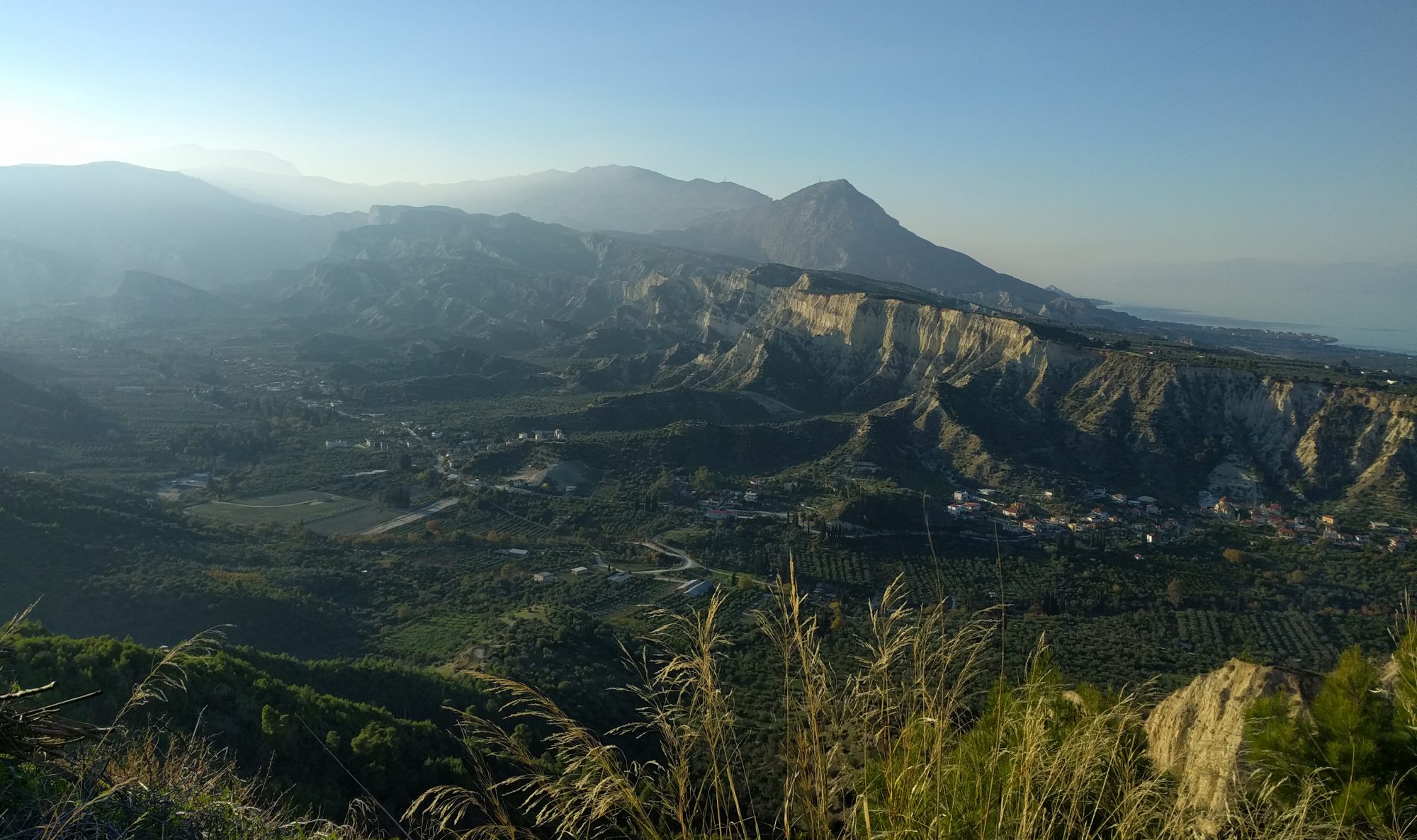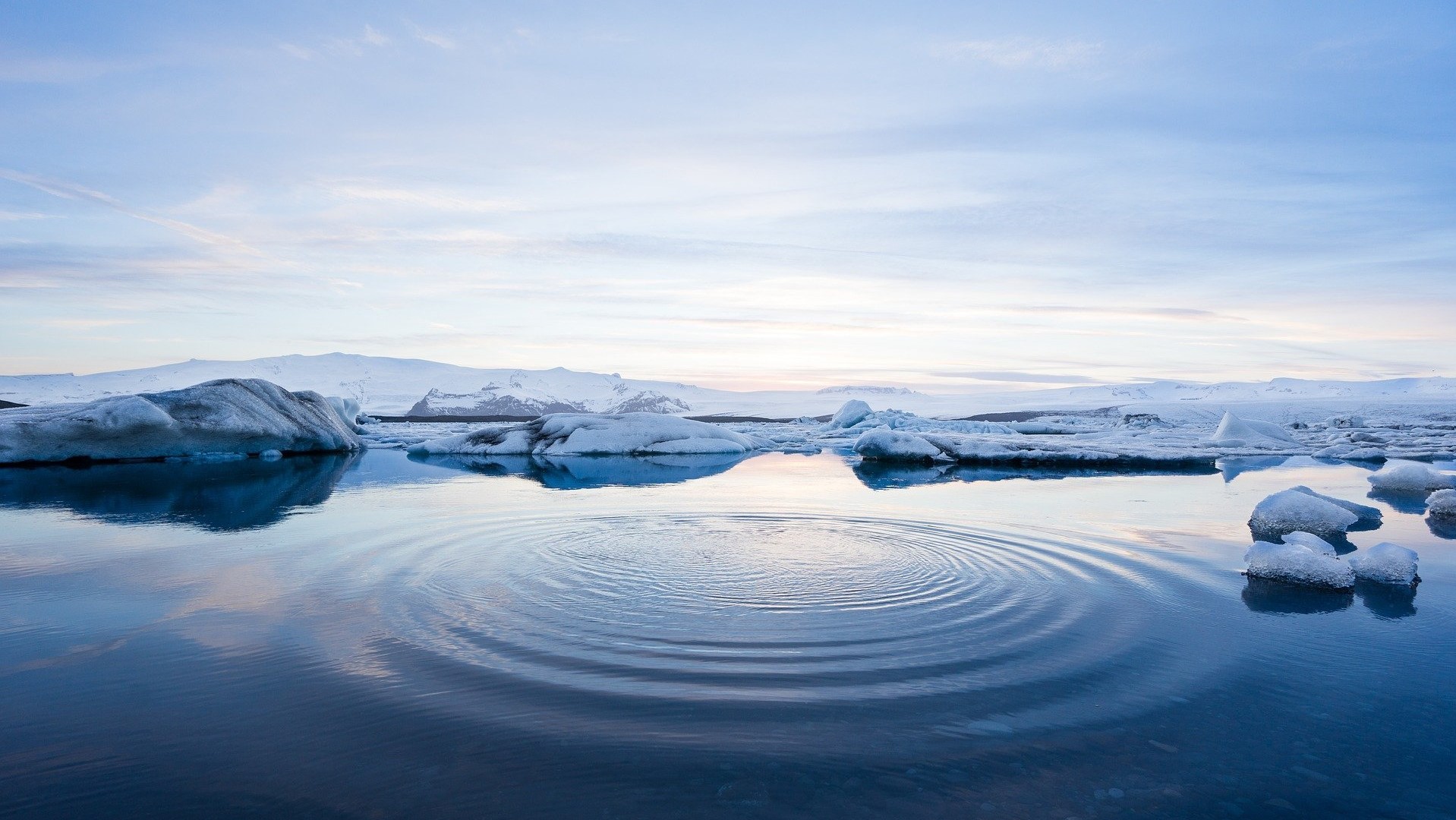I love reading career path stories; seeing how someone’s personality and life circumstances affects their career journey and decisions. As a research scientist, most of the career stories I come across are about a person’s love for science and how they carry that passion through a changing career, in or out of academia.
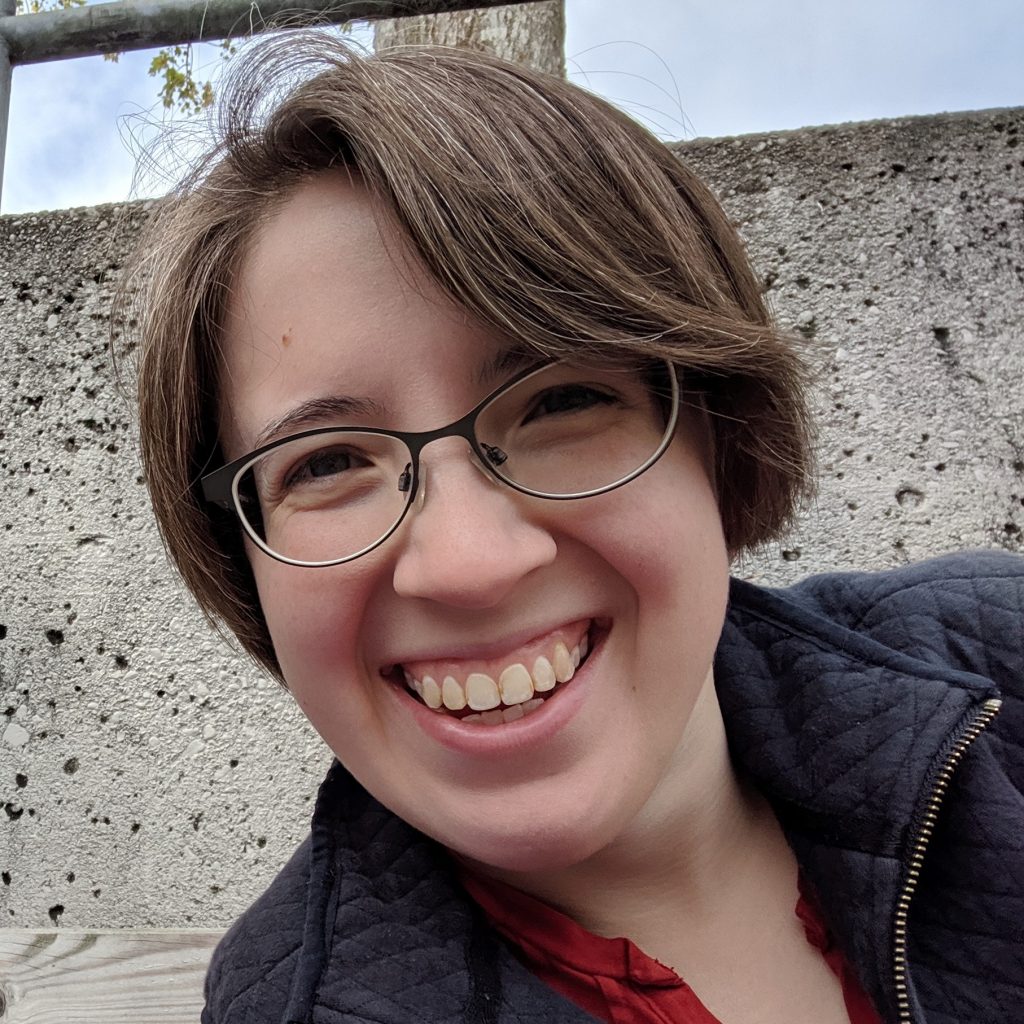
My story isn’t like that. I never had the intense curiosity that other scientists have. The drive to experiment, and discover. The need to understand first-hand how the natural world works. Those types of people amaze me – I work with them every day and I am constantly inspired by how they view the world.
Science interests me, yes, but so do a lot of other topics. And yet, I’ve been relatively successful as a scientist and I find satisfaction in the work I do. I wanted to share my story and motivations and illuminate how someone like me ended up here.
First off, where’s here? I’m currently a research fellow, postdoc level, at the British Antarctic Survey. I’m funded through a Marie Curie Individual Fellowship to research how cyclones, sea ice and oceans interact near Antarctica. I received a PhD in Oceanography from Old Dominion University in 2017, and followed this with a postdoc at the University of Washington before moving to Cambridge.
My first serious thoughts on careers probably began in high school. Then, my favourite classes were almost always mathematics. I loved the deterministic nature of solving maths problems. There were specific, immutable rules that, once followed, would lead to a satisfying solution. I found it much easier to understand than the interpretive nature of literature courses. Beyond that, I liked learning in general, although I didn’t want to devote much time to studying – I’d much rather be reading books. University was the obvious next step based on my grades and aptitude, but I had no idea what I wanted to study.
I entered university as an undeclared or undecided major. I was considering history as an option out of interest, but the related career options didn’t sound promising. Relatively quickly, I switched to mathematics to get permission to take higher level classes. But, my interest in maths didn’t last much more than a year. Mathematical proofs were easily the most annoying aspect of life – why should I have to prove what someone else has already solved?!
I realized that if I switched to physics I could use maths to solve problems instead. Physics was interesting and exciting. And really difficult. I still don’t fully understand electronics, or electricity and magnetism. Luckily for me, when it made no sense, I could do the math and obtain a partial understanding of the answer.
I continued to take elective classes in other subjects to satisfy my desire to learn everything, and graduated with a degree in physics. The more I explored physics, the more I narrowed down my own interests. I still loved learning, and had some research experience along the way, so the obvious next step for me was graduate school. Somewhat last minute, I decided that going to graduate school for physics wasn’t the right path. The primary research topics in physics felt either too large in scope (astrophysics) or too abstract (nuclear physics) to grasp.
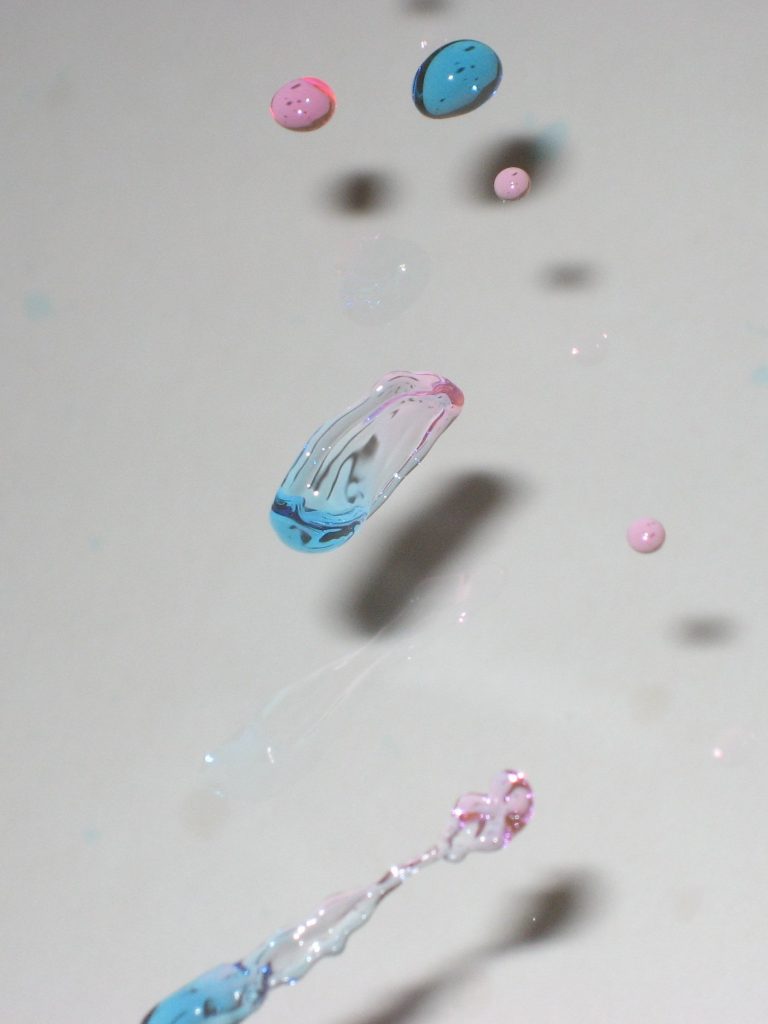
For one summer research project I collided water drops and took photos. From that point I decided that water was interesting, so why not pursue oceanography? I applied for graduate schools with oceanography programs, without identifying a research interest or potential advisor beforehand – the opposite of what is usually recommended. Somehow, it worked out and I found myself in a PhD program at Old Dominion University, with computer simulations of ocean and ice near Antarctica as my research topic.
Looking back now, it seems so slapdash. There was never one topic or interest that really grabbed my attention. I just liked solving problems, and I always picked the topics that interested me most along the way.
I haven’t really discussed the final two transitions I made: from PhD to postdoc, and then to research fellow. Towards the end of my PhD, stress in my personal life began ramping up. I still liked research so, rather than consider other career options, I went on autopilot – I applied for postdocs within the same general research area as my PhD and ended up with a position at the University of Washington. My decision to go for a research fellowship in Cambridge was based not only on my interest in the project, but also because it helped me escape my personal circumstances. Thankfully, the escape worked, and I’ve been able to spend much of my Covid-19 lockdown time recovering.
My fellowship at the British Antarctic Survey is a dream come true for me. I research the physical aspects of the ocean: waves, tides, currents, and eddies. I love working with such a dynamic and interactive system. Everything is connected – the ocean, the atmosphere, the ecosystem, and the ice. And all of it comprises the changing climate, which affects the entire Earth, and us humans.
I spend my time analysing satellite data and running computer simulations, but other researchers at BAS spend months each year drilling holes in the ice whilst living in a tent. Some monitor and track bird populations, or apply AI technology to large datasets. There are many types of people, in research and support roles, with varying expertise and interest. And they all work together to learn more about, and solve, climate issues.
I don’t have a resounding message of inspiration. So much of my journey was serendipitous and I made mistakes along the way. Whilst I like where I am, sometimes I do question if it was worth it and whether I’ll stay. That uncertainty seems to be part of the price of being a scientist. The best thing you can do, in my opinion, is to surround yourself with supportive people. People who support you as a person, and not just you as a scientist. No matter what you choose to do next, that can make all the difference.
Dr Stefanie Mack
Stefanie is a Marie Curie Individual Fellow at the British Antarctic Survey and postdoctoral Bye Fellow in Earth Sciences, Murray Edwards College
Portions of this blog post were modified from the original post by Murray Edwards.
